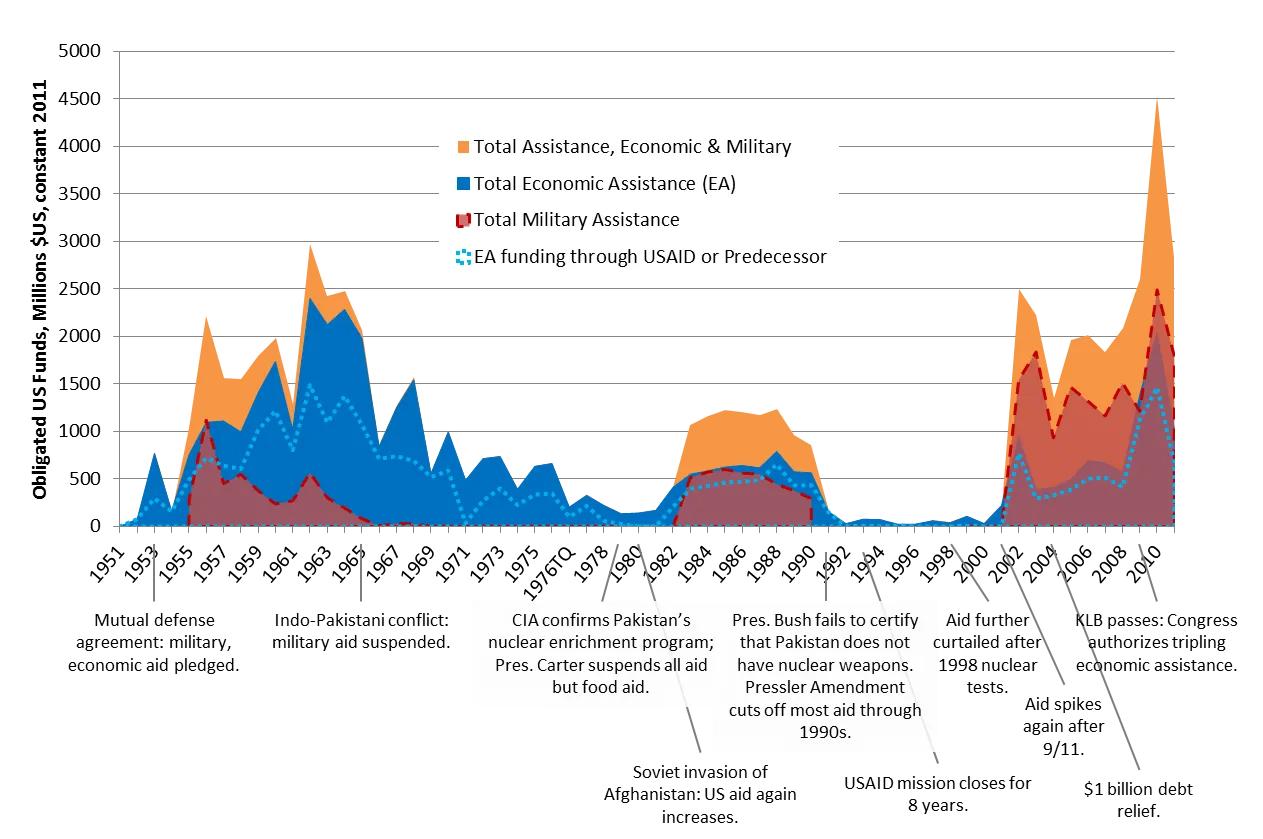I read The Dictator's Handbook by Bruce Bueno de Mesquita & Alastair Smith on Nov 6th, 2021
The Dictator’s Handbook decomposes the politics and political leaders in an “awfully cynical at best and downright offensive at worst” fashion. The politics is not about the general welfare of “We, the people”, but the political survivals. The authors paved the foundation with three hypothesis:
- Politics is about getting and keeping political power.
- Political survival is best assured by depending on few people, aka the winning coalition, to attain and retain office.
- The top leadership has great discretion for wealth distribution as long as the cronies can be easily replaced from a large pool; and vice versa.
The hypothesis #1 is self-explanatory, — the political leader MUST cling to the power to assure the interests of the group she represents.
The hypothesis #2 breaks down the political landscape into three groups:
- The nominal selectorate, anyone qualified for vote.
- The real selectorate, anyone who actually vote.
- The winning coalition, anyone whose vote matters.
Only the last group, the winning coalition, has direct impact of the leader’s political survival. Compare the political landscape of the United States with Soviet Union:
| United States | Soviet Union | |
|---|---|---|
| nominal selectorate | Anybody qualified for vote | Anybody qualified for vote |
| real selectorate | Voters | Communist Party members |
| winning coalition | Voters in the swing state | Politburo |
In United States, the interchangeable nominal selectorates and the influential real selectorates are very close, and the minimum winning coalition is estimated 20% of total votes.
The hypothesis #3 describe the equilibrium between the political leaders and their cronies. The leaders MUST pay for the support, and the cronies depend on the leaders for rent-seeking.
These hypothesis can perfectly explain some real-world paradoxes.
Why autocratic countries have impressive primary education, but few top universities?
The political leaders only need to provide enough educations to keep the economic machines humming. Highly educated people are potential threats to autocrats.
The same logic applies to the infrastructures too. The dictators just built the minimum transportation systems for products circulation to facilitate taxation and extracting natural resources. The segmented peasants are easier to govern. Though they build the airports with shortest path to the capitals for quick escape.
Why some resource-rich countries are so poor?
Such as Myanmar($1400 GDP per capita) and Angola ($1895 GDP per capita) with rich natural resources, but both of them are among the poorest countries in its region. The autocratic leaders can buy their support by extracting natural resources with little or none incentives to improve the public productivity or well beings.
Why foreign aids seldom improve public well beings?
Because the foreign aid is provided by democratic country to provision its own policy demanded by the voters. The well being of target country is not the main target. For example, United States rekindled foreign aids to Pakistan after 911 attacks, and committed over $6 billion since 2009(source) while US military combated Taliban in the neighborhood.
 source: Aid to Pakistan by the Numbers
source: Aid to Pakistan by the Numbers
The prices are much steeper for favorable policies from democratic countries. Just look at the amount of US aid to Turkey($189M in 2019) compared to Pakistan($685M in 2019); and how Turkey government push back the usage airbases.
Rules of Survival
The authors summarize five basic rules to help the political survival:
- Keep your winning coalition as small as possible.
- Keep your nominal selectorate as large as possible.
- Control the flow of revenue.
- Pay your key supporters just enough to keep them loyal.
- Don’t take money out of your supporter’s pocket to make the people’s lives better.
Both democratic and autocratic leaders follow these rules to improve the odds of political survival, such as:
- Tanzania incumbent president assigned parliament seats to underrepresented minority leaders, sponsored small parties’ campaign secretly; so as the leading Chama Cha Mapinduzi(CCM) Party could stay in office with 5% votes. Rule #1
- The democratic leaders open arms for immigrants, rule #2. They also continuously adjust the district borders, i.e gerrymandering, rule #1.
- Many autocratic countries are deeply trapped in the debts, and debt relieves have little or no effects. Rule #3.
- The US tax code is complicated to appeal various groups; and 61% American paid no federal tax in 2020. Rule #4.
- The compensation in the public sector is so low that corruption prevails in the autocratic country. The systematic corruption is kind of welfare for bureaucracy to extract more from the public. Rule #4.
What can go wrong
The dictator may lose the support from winning coalition due to the terminal illness. For example, Ferdinand Marcos was abandoned by his supporters as he was dying of lupus. Corazon Aquino won the election with no experience in government.
Or the dictator failed to pay for the support due to the economic crisis. When global oil price tanked, Mikhail Gorbachev failed to pay the essential backers, so he embarked economic and political reform on 1985 in the hope to liberalize the economy. These moves irritated the cronies who were in fear of being replaced, so they attempted the August Coup, and eventually led to the Soviet Union’s collapse.
Or natural disaster which gathered homeless refugees in camps with nothing to lose. On September 19, 1985, a Richter scale 8.1 earthquake hit Mexico City, the refugees played a key role in the Mexico’s democratization.
Not all the dictators have a bad ending. She may evolve from abusive dictator to reluctant democrat, such as Ghana’s J.J Rawlings. Rawlings seized the power in 1982. When the economy collapsed, he turned against his close supporters, PNDC and implemented policies to liberalize economy. He remained one step ahead of the people’s demands to avoid the protests and revolution successfully and won the election fairly.